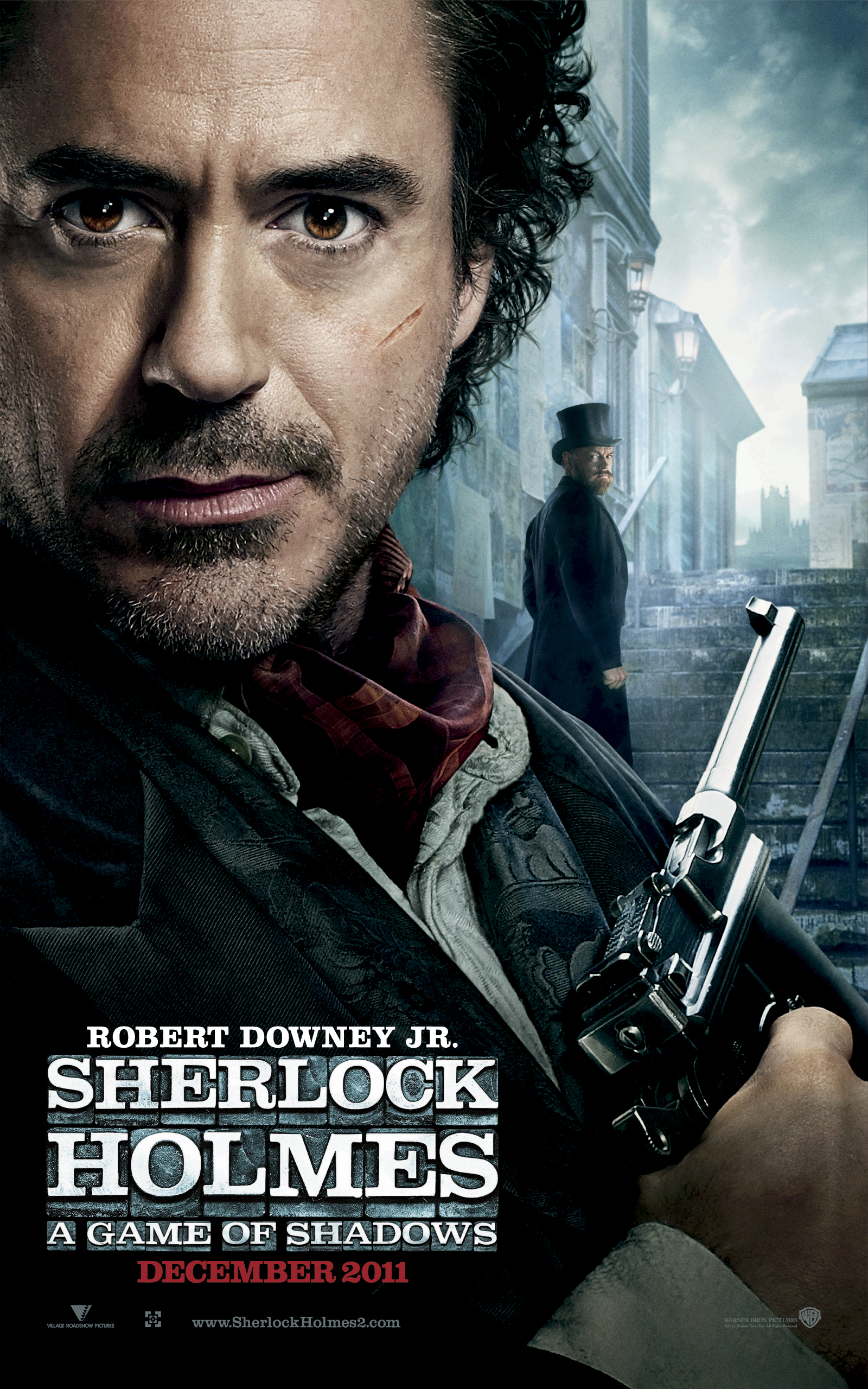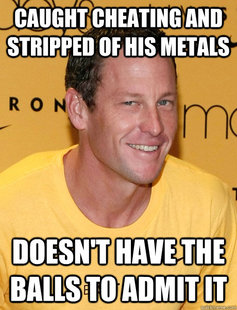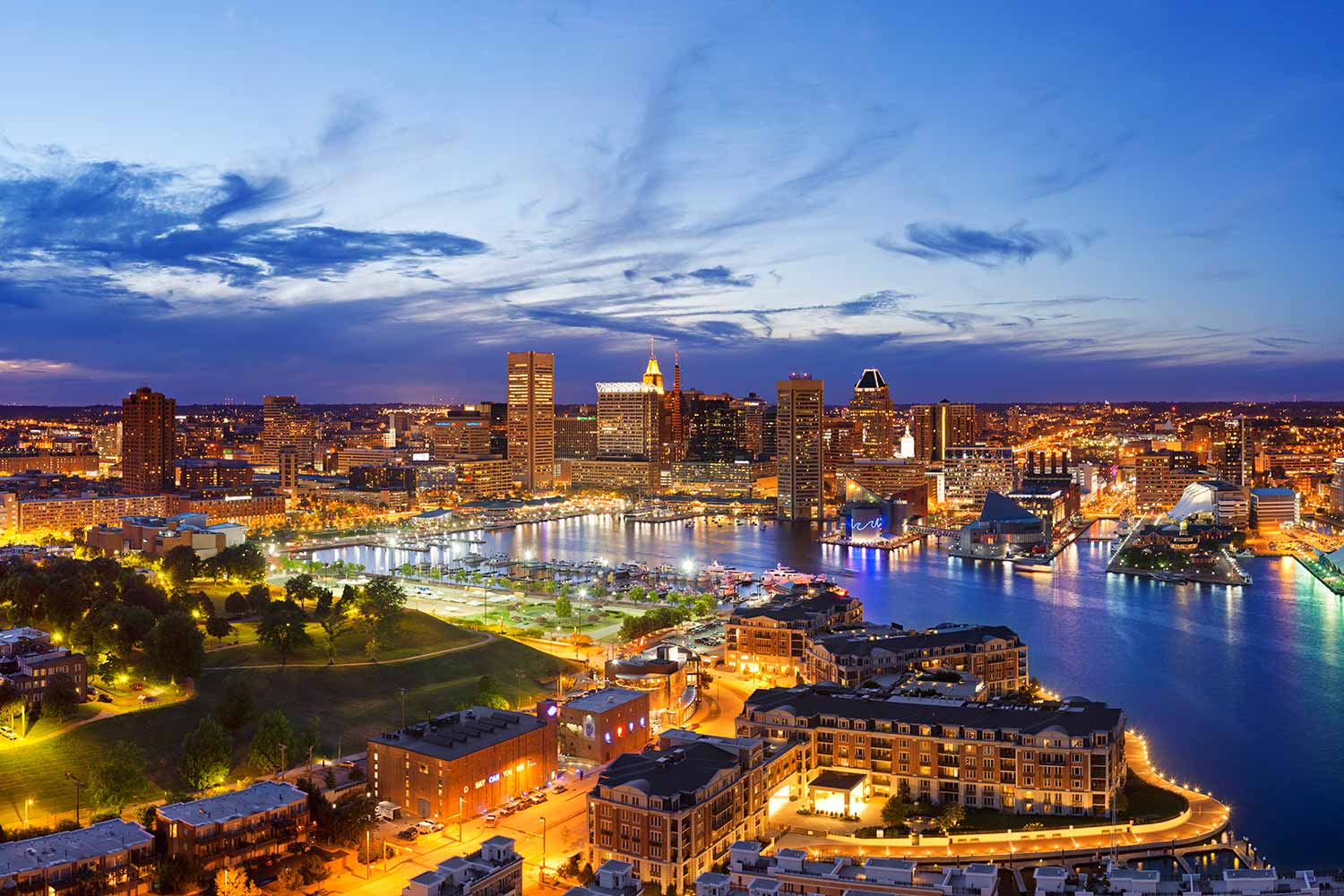 A conversation I had with a friend a few days ago forced me to think all the way back to a class discussion from the beginning of the semester. The debate between my friend and I, came about from discussing the most recent Sherlock Holmes movie. In the end of the movie, spoiler alert, it appears as though Holmes has sacrificed his own life for the greater good of humanity, but, miraculously, he reappears very much alive in the last scene. This is very similar to the most recent Batman movie, in which our main character, The Batman, heroically sacrifices himself to save Gotham from a ticking time bomb. Again the movie ends with shock that he isn't actually dead at all.
A conversation I had with a friend a few days ago forced me to think all the way back to a class discussion from the beginning of the semester. The debate between my friend and I, came about from discussing the most recent Sherlock Holmes movie. In the end of the movie, spoiler alert, it appears as though Holmes has sacrificed his own life for the greater good of humanity, but, miraculously, he reappears very much alive in the last scene. This is very similar to the most recent Batman movie, in which our main character, The Batman, heroically sacrifices himself to save Gotham from a ticking time bomb. Again the movie ends with shock that he isn't actually dead at all.For whatever reason, money for the movie makers, or for the preferences of audiences, I think American movies too often have forced happy endings. As Kurt Vonnegut said when discussing the graphs of stories, in America you would never see a story like Kafka's "The Metamorphosis", where the main character never gets onto the good fortune half of the graph at the end of the story. If you need a refresher on Vonnegut's talk it can be found here.
 If you think about movies like "Marley and Me", I think its pretty clear that a lot of times a story is better off with a sad ending. Okay so it doesn't feel good when the dog dies, we all hate to see it, but the movie would not be as good if it had a standard American dog-is-magically-still-alive ending. It wouldn't do as good a job at stirring up emotions or completing the story. I think it would be great to see more movies that don't blindly follow the tradition of forcing happy endings, even when they don't make sense to the story.
If you think about movies like "Marley and Me", I think its pretty clear that a lot of times a story is better off with a sad ending. Okay so it doesn't feel good when the dog dies, we all hate to see it, but the movie would not be as good if it had a standard American dog-is-magically-still-alive ending. It wouldn't do as good a job at stirring up emotions or completing the story. I think it would be great to see more movies that don't blindly follow the tradition of forcing happy endings, even when they don't make sense to the story.










